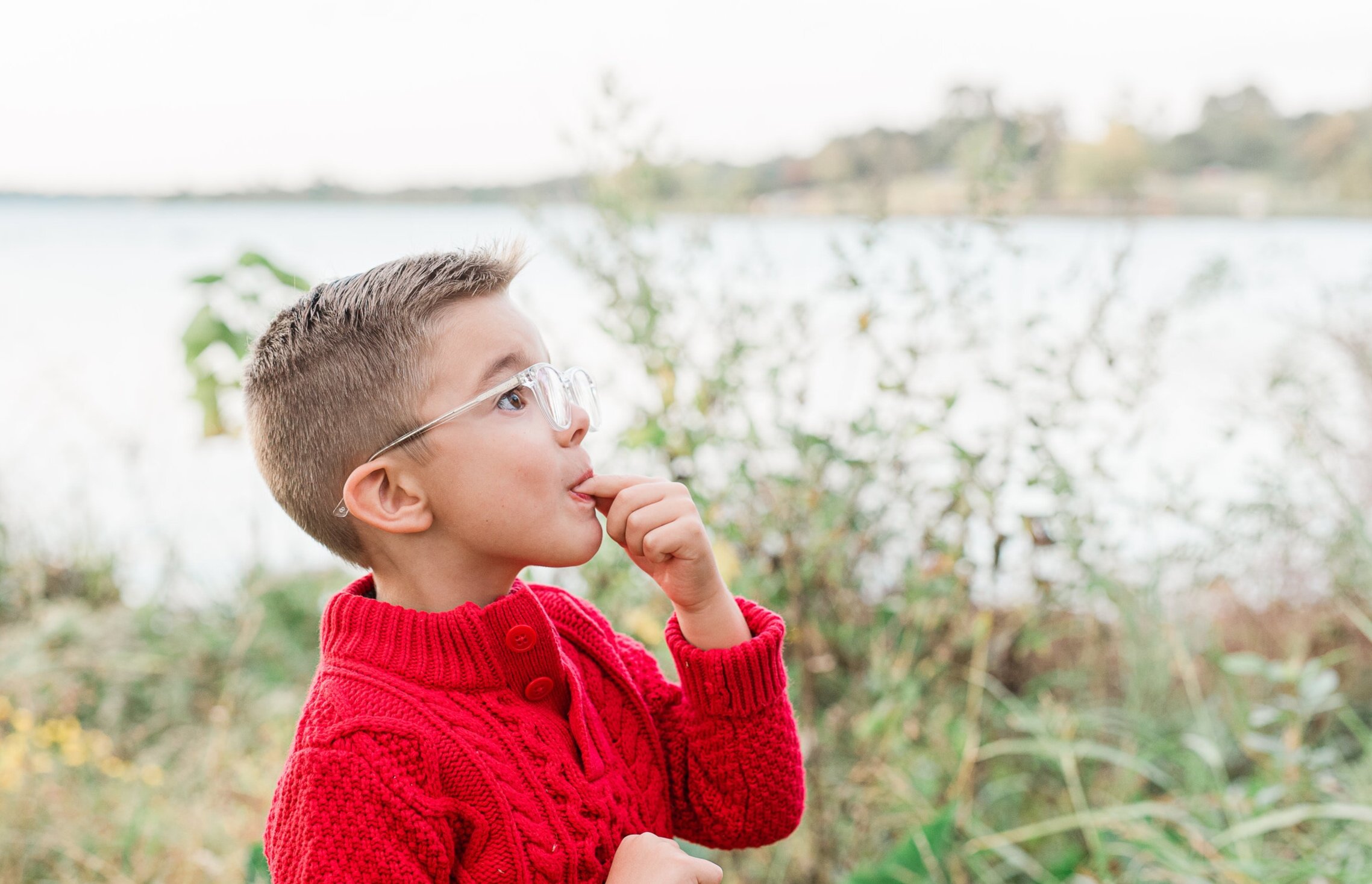When Kids are Different
Hi! Today is Apraxia Awareness Day. As you might know, our five year old son has Childhood Apraxia of Speech (CAS). Apraxia is a neurological speech disorder that affects the way the brain communicates to the muscles and parts of the mouth used to produce sounds. I have a very extensive FAQ here, as well as an instagram Q+A here.
In talking through my Q+A yesterday on instagram, the topic that seemed to resonate most with people was the following:
“How would you suggest parents talk to their kids about kids [who] are different? What can we do as parents to help make sure everyone feels included and understood?”
This question brings tears to my eyes. As a mom of a child who is different, hearing a parent want to have their child engage with and be kind towards my child warms my heart.
My answer is multi-part (no surprise there).
Appropriate Terms
I always like to point out when talking about developmental delays that the word “typical” is preferred over “normal” when referring to child development. So you would say “typically developing children” rather than “normal kids”.
I also prefer that my child’s disorder is not used to describe him as a person, so I prefer the term “child with Apraxia” verses “Apraxic child”. I know some parents of children with Autism feel strongly about this one in one way or another, so it’s also okay to just ask!
Kids State the Obvious
The best part about young children is that they state the obvious. They’ll flat out ask on the playground, “why doesn’t he talk?” or “he talks funny” or “I don’t know what he’s saying.” I view those moments as a chance to let my child know that his difference isn’t something to hide from, ignore, or be ashamed of. That is my chance as a parent to show him that this is just a part of him.
My response usually results with the child who asked being totally satisfied with my answer like, “cool ok thanks.” The parents on the other hand are usually a little in awe, almost surprised that this wasn’t something that we just laughed off or brushed aside.
Our Script
So what was our answer when the little kids asked those questions? My husband and I developed a script of sorts to have ready. This helped us clearly identify the message we wanted to communicate and kept us from being flustered in the moment. Here’s what we would say (and still say - with a few modifications now that he does talk.)
“This is Deacon. He doesn’t talk just yet. But he works really hard every day to work on his words. You can ask him questions or ask him to point if you want to play together.”
This script does three things
Shows our faith in him and his future “he doesn’t talk *YET*” implies that he will someday.
Acknowledges his efforts “he works really hard every day”
Gives suggestions on how they can communicate together “ask him questions or ask him to point!”
Normalizing Differences
I think the narrative around children with differences has changed over the years. At first it was simply “don’t pick on different kids” and that somehow became “ignore the differences” or worse “ignore different kids.” And that’s not the right angle. The real narrative for engaging with children with differences is to acknowledge the difference, but know that the difference doesn’t define a child.
We ALL have something that makes us different. We all have struggles we are working to overcome. Teaching our children that ALL people have differences and challenges will help our children learn to EMPATHIZE rather than EMPHASIZE the differences they see in others.
The Hands We Hold
This year, for Apraxia Awareness Day, I wanted to create a space for other parents and caregivers of developmentally delayed children to come together to share experiences, support each other, root for, celebrate, and lift each other up. Those early years were so hard on us. I would have loved to talk with others in a similar boat about what worked and what didn’t. So with that in mind, I’ve created a private Facebook group called The Hands We Hold to be that place. As parents we hold onto our children’s hands as long as they’ll let us. We let them hold on for support, and we hold on to lead them. But we also need the hands of those around us. We need that group huddle, that squeeze of solidarity and prayer. We need multiple hands to hold when our child is delayed.
If you have a child with a delay (of any kind not just speech!), difference, or special need, would you join us? The more of us coming together and sharing means the more of us that don’t have to feel alone in this journey. Click here if you’d like to join The Hands We Hold.
Disclaimer: The Hands We Hold is a private Facebook group for parents and caregivers of children with delays, differences, and/or special needs. Children’s names are not disclosed. The group is parent led and not related to any medical professionals. Medical advice should always be consulted with a doctor.
To Our Boy
I love that Apraxia Awareness day exists because I get to share about something for which I am clearly very passionate. But this day also gives me time to stop and remember and process all that we have come through and all of the progress our amazing child has made. We are in awe of his determination and spirit. I know this different start to his childhood will only make him tougher, braver, and kinder as he grows. We couldn’t be more proud of you, sweet Deacon.



